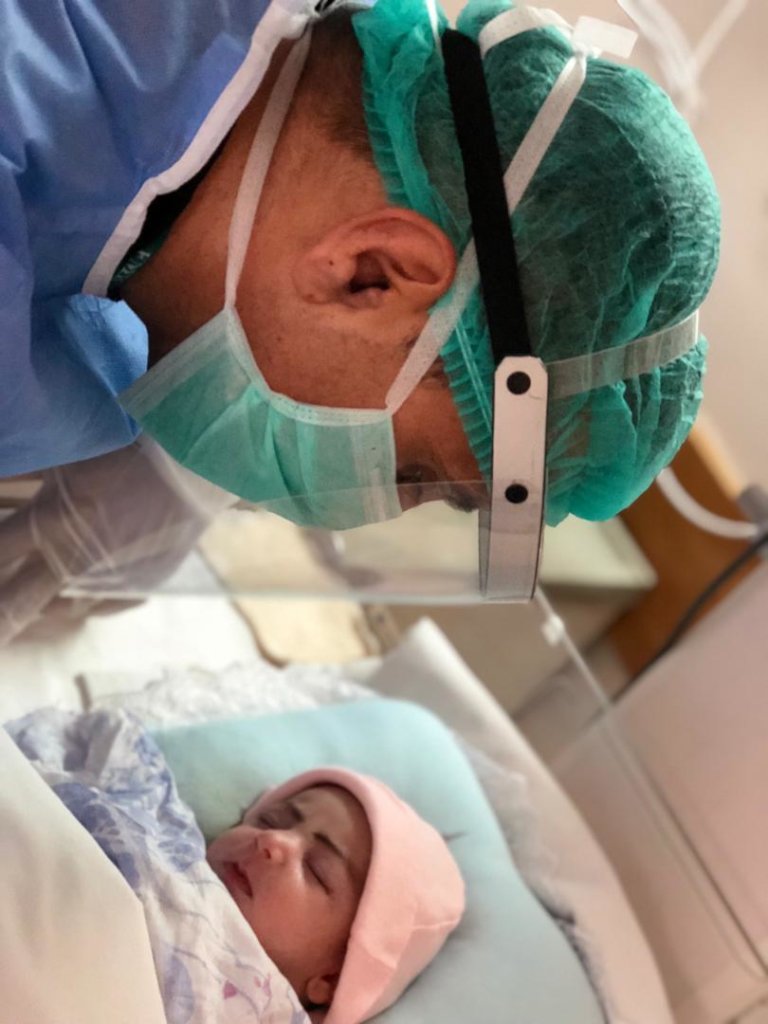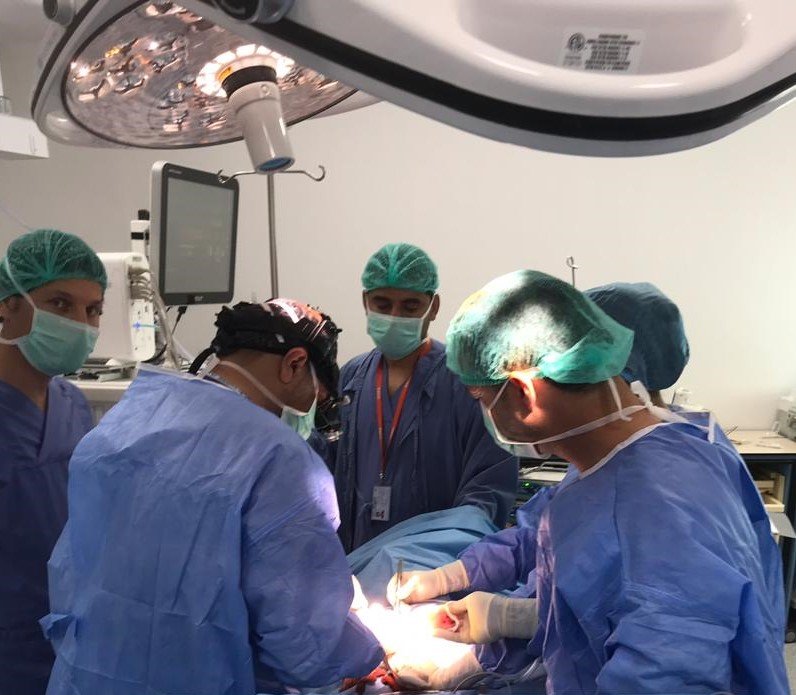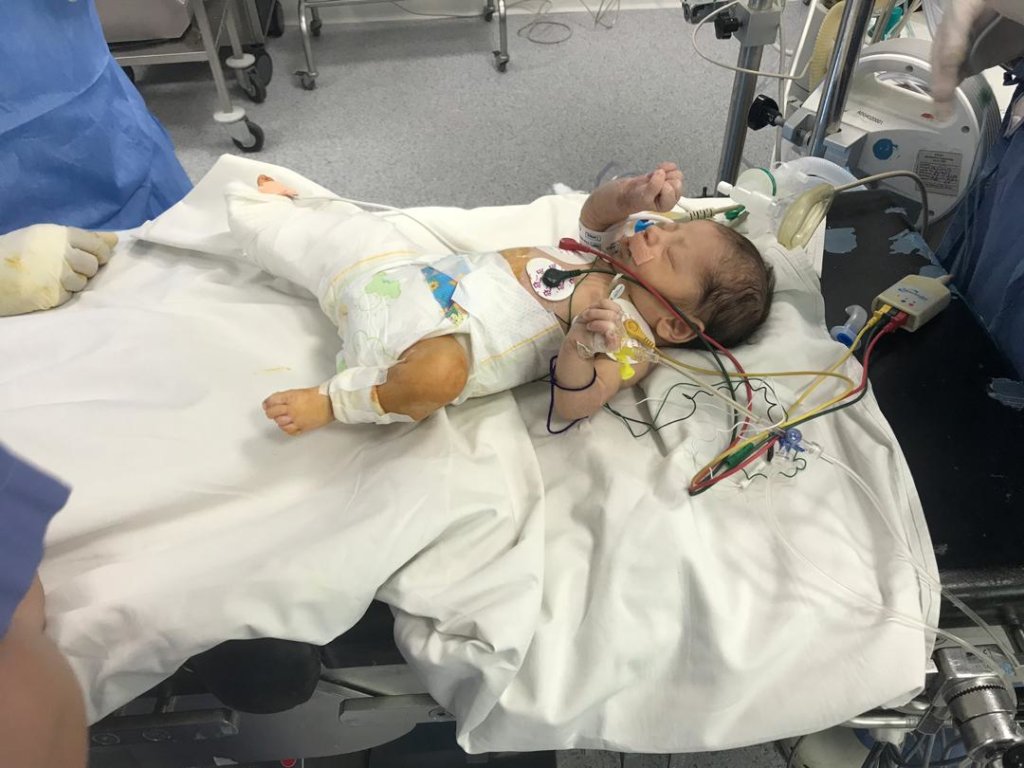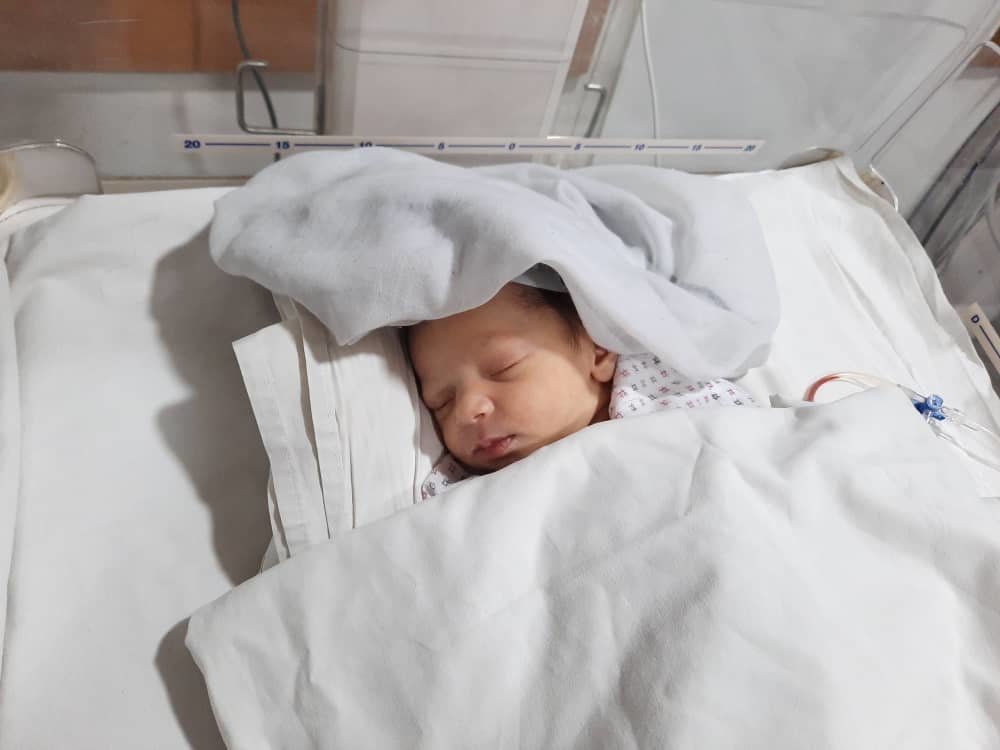By Aziz Ahmed Jan | Chief Executive Officer
Greetings from FMIC- Kabul
FMIC operates in highly volatile circumstances. The Covid-19 pandemic has further aggravated the situation. It has badly impacted all fabrics of the society resulting in unprecedented and thought of situations. Healthcare system in Afghanistan is already fragile and its capacity to deal with a pandemic of this scale is very limited. At this point in time, people are faced with more challenges when it comes to tertiary healthcare. As ever before, FMIC stands as a ray of hope and safe haven for patients coming from different provinces of Afghanistan. Due to the lockdown situation, a number of patients have found it hard to access the hospital, however in a desperate situation FMIC remains a hospital of choice owing to its state of art technology, highly qualified doctors and dedicated healthcare professionals.
During the last week, a gut-wrenching terrorist attack left huge scars on the heart of anyone who believes in humanity. A women’s’ ward in a Kabul hospital was brutally attacked. Mothers and newly born babies either died or were left stranded. An 11-hours old baby-girl was rushed to FMIC immediately after the attack when her mother was shot dead in the same heinous attack.
The baby was brought to FMIC emergency room. She was taken under immediate management by ER medical and nursing staff. The baby was in a state of complete shock, suffering from pain and very agitated status. Within no time orthopedic and cardiovascular teams were immediately called for the multidisciplinary approach, and management.
On clinical exam she was found with an ischemic leg with motor lesions of bones and muscles as well as three huge open gunshot lesions with huge loss of muscular and skin tissues. She was immediately admitted in NICU for further investigation and exams. The X ray showed multiple, complex and open fractures of right femur, tibia and fibulae. The arteries and veins were verified and exposed: small lesions seen, homeostasis done and the conservative treatment started to keep her leg safe.
In the morning after a wide discussion with radiology, orthopedic, anesthesia, neonate ICU, nursing and cardiovascular team, she was taken to OT for a detailed and deep investigation under general anesthesia. The vascular pockets were investigated from the femoral arteries up to end popliteal zone, together with venous system, and open homeostasis done, lavage and cleaning, with primary debridement performed.
She got normal blood stream in arterial and venous systems with good saturation in the right toes after surgery. She tolerated the surgery very well without any complications. The fractures have been fixed with splint and will be treated as the inflammation of the revascularization would be subsidized. The vital signs are normal and she was fed with one big baby-bottle milk now. She is now getting better day by day. This is a unique management of its kind from surgical standpoint, but most importantly it has a humane and emotional dimension to it, which is so heartening. Her mother was killed nearby her with multiple gun shots on the chest and face, unfortunately. She survived and will become the strongest lady- FMIC team believes! She was rescued and named in FMIC. Her name is Bibi Amina and she is our shining star.
While she is in safe hands for her treatment, the FMIC Patient Welfare Department takes care of her treatment cost with the help of generous and philanthropist donors.
Despite many challenges, FMIC has achieved remarkable success over the past 14 years. In 2009, it became the first hospital in Afghanistan to be ISO certified whereas the first open heart surgery was performed by indigenous doctors at FMIC in 2010. Since 2011 it has annually sponsored an international scientific conference as well as a quality and patient safety convention, both of which showcase Afghan health professionals’ high capacity for critical thinking. The Post Graduate Medical Education Program (PGME) is a flagship program of FMIC established in 2012, with the support of the Aga Khan University (AKU) and Ministry of Public Health (MoPH). The programme has so far graduated 45 physician specialists whereas 39 are currently enrolled in three to five-year programmes in eight disciplines. Five of those programmes – such as anaesthesiology, cardiac surgery, cardiology, pathology and radiology – are not offered anywhere else in Afghanistan. Moreover, healthcare access to patients in remotest areas for tele-consultation and training of human resources has been ensured through eHealth program since 2007.
FMIC has so far served over 1.39 million patients from all parts of Afghanistan through its in-patient and out-patient services. In diagnostics, 4.1 million Laboratory Tests and 0.73 Million Radiology Procedures have been performed thus far. FMIC’s Patient Welfare Programme underwrites the cost of care for people who cannot afford to pay for all or part of their treatment. During the year 2019 alone, 42,598 patients were supported through patient welfare program with a financial contribution of US$ 2.3M by FMIC. Since FMIC’s inception in 2006 to date FMIC’s Patient Welfare Program has spent over $39 million so far in providing the medical and surgical care to those in critical need.
We are highly grateful to the generosity of our donors for their support to the patient welfare which ultimately helps us serve the most deserving and deprived segments of the society.
Envision a child or mother suffering from life-threatening diseases in an impoverished and war-affected zone. Imagine that just a few dollars contributed by you can help save lives and improve quality of life for many. For example, $10 will pay for an initial visit to a doctor, $15 will pay for one-night stay of a patient in general ward, $65 will pay for one night stay of a patient in the Intensive Care Unit. We do appreciate your continued support and cooperation!
Links:
Project reports on GlobalGiving are posted directly to globalgiving.org by Project Leaders as they are completed, generally every 3-4 months. To protect the integrity of these documents, GlobalGiving does not alter them; therefore you may find some language or formatting issues.
If you donate to this project or have donated to this project, you can receive an email when this project posts a report. You can also subscribe for reports without donating.



